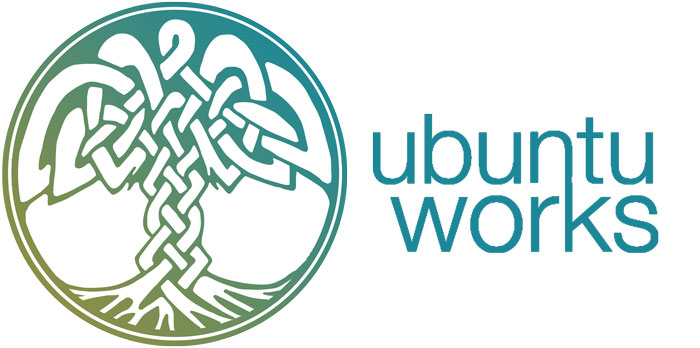by Helen Thomas
Published in: Edsurge, Jan 13, 2022
EXCERPT: After nearly two years of teaching, I realized many of the systems and practices I cultivated in my classroom were deeply rooted in my Indigenous knowledge as a Lakota woman. Take relationship building for example. Only recently has mainstream education research realized that without authentic relationships rooted in mutual respect and understanding, meaningful and long lasting learning is nearly impossible. But Indigenous communities have always understood its impact on knowledge transfer.
Indigenous ways of knowing and learning emphasize nurturing relationships not only with and among learners, but also with the larger community and the environment or place with which students spend time. All educators, whether they are Indigenous or not, can learn from these systems how to root their teaching and learning in community and place-based context.
In the past I have connected with people across the community who care about our children’s education—parents, grandparents, caregivers, community members and tribal education and culture departments. Because I work with Indigenous students from tribal nations that are not my own, I approach these partnerships with cultural humility and willingness to listen. After building relational trust, local community members share resources and context on local issues and history that I use to create lessons. In the end, these lessons often build on the unique strengths and experiences of the students in my class, and learning opportunities that are genuinely meaningful to them.
Read more at https://www.edsurge.com/news/2022-01-13-indigenous-knowledge-is-often-overlooked-in-education-but-it-has-a-lot-to-teach-us
